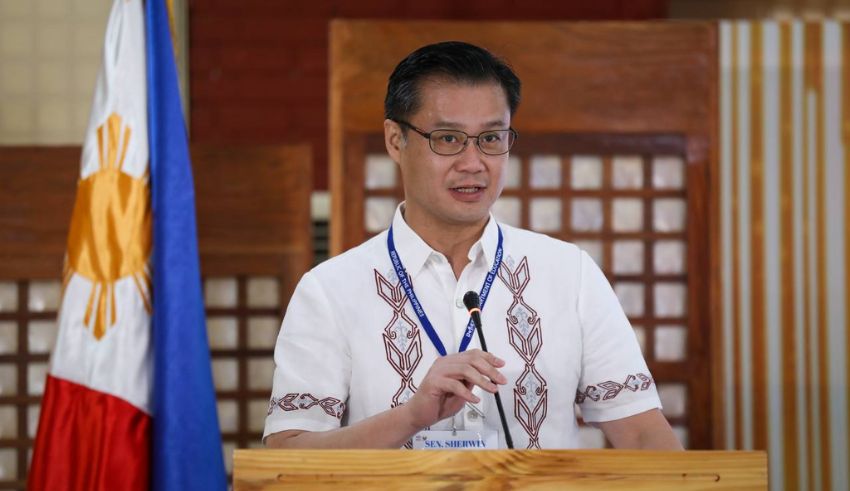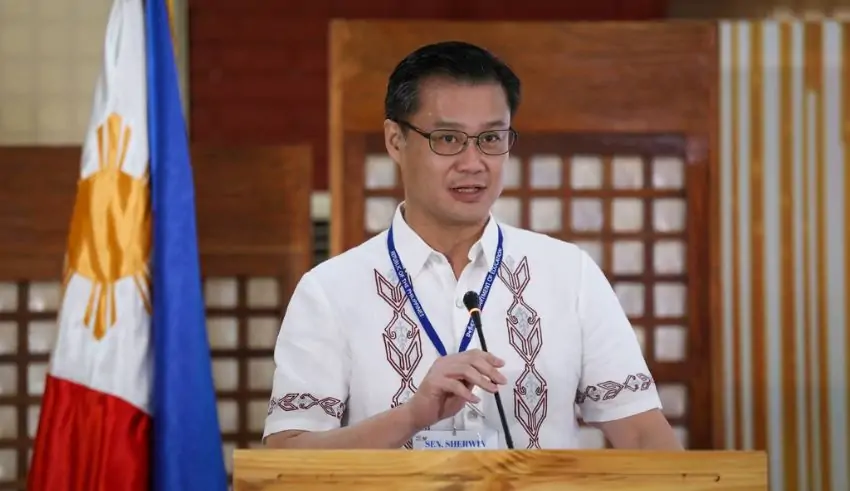

(C) Win Gatchalian
Based on a recent Pulse Asia survey, Sherwin Gatchalian, Chairperson of Senate Committee on Basic Education, Arts and Culture, said most Filipinos support cell phone ban in educational environments. The analysis reveals pretty substantial public support for the idea since 76% of respondents favor the proposal to limit using cellphones on school grounds. On the other hand, 13% of respondents disagree with the plan and 11% are still not sure, therefore suggesting a general agreement on the matter.
Survey Data
With almost 1,200 responses, the poll presents a fair picture of public perspective on this issue. The great degree of support highlights general worry about the probable distractions and detrimental effects of cellphones on the surroundings of learning. According to the results, many Filipinos think that ban on cell phone use in classrooms will help to preserve a suitable learning environment.
Legislative Movement
Reacting to these results, Senator Sherwin Gatchalian suggested to limit utilizing school property during class hours for Kindergarten through Senior High School students. This legal action seeks to minimize cellphone-induced distractions thereby improving students’ concentration and academic achievement. Gatchalian wants to fix the problem at the legislative level so that every institution applies the same policies and thus creates a consistent policy all throughout the nation.
Advocates of a telephones ban claim they substantially interfere with the learning process. Their case is that restricting mobile device access in class will help students focus more on their studies and participate more fully in classroom activities. Cellphones have been connected by schools to shorter attention spans, poor academic performance, and higher chances for cheating. Moreover, too frequent usage of telephones can lead to problems including social isolation and cyberbullying.
The proposed prohibition is a component of a larger endeavor to raise academic performance and provide better learning surroundings for every student living wherever in the Philippines. Eliminating cell phone temptation is one strategy teachers use to try to make their classroom more lively and interactive. The program also seeks to inspire students to improve their time management and study habits, traits needed for their success going forward.
Parental and Teacher Perspective
Parents and teachers have voiced differing views on the advised ban. Many educators support the project, pointing to multiple times when cellphones have interfered with lessons and reduced student involvement. They contend that a ban will help them to keep better control over the classroom and concentrate on providing first-rate instruction.
From the other side, parents too feel conflicted. Some parents see how bad cellphones affect their children’s academic performance and think a ban is needed. Others, on the other hand, worry about their capacity to contact their children under crisis. The proposed law includes articles allowing limited use of cellphones for particular hours or in case of emergency, therefore addressing these issues.
Approaching Future Actions
Further debates and talks including parents, teachers, and other stakeholders are likely as the idea advances the legislative process. These conversations will guarantee that the policy efficiently solves the issues raised by all the engaged parties and help to improve it. Policymakers will have to take into account several elements, including the enforcement of the ban, the penalty for offenders, and the provision of additional lines of contact during crises.
Moreover, effective application of the ban calls for cooperation among the government, officials in education, teachers, and parents. Awareness campaigns and training courses should be required to let students understand the reasons for the ban and encourage reasonable cell phone use away from the classroom.
Thought Reflectively Final
With eight out of ten Filipinos in favour of the plan, the Pulse Asia poll shows great public support for a ban on cellphones at educational institutions. Analyzing the points of view of educators, parents, and children will be crucial as Senator Gatchalian’s approach grows to apply a reasonable and successful one. The objective is to create a setting free from the distractions of mobile devices that gives learning and academic accomplishment first priority. Dealing with this problem will help the Philippines to guarantee a better future for its people and support of improvements of its educational system.
The Japanese market for mergers and acquisitions now allows unsolicited acquisition offers due to recent Ministry of Economy Trade and…
Asia, a continent varied in culture and economic endowment, is, however, home to some of the gravest poverty challenges found…
Vice Premier of China, He Lifeng, met business executives at Apple Pfizer and Mastercard on Sunday to discuss trade solutions…
The Philippine Atmospheric, Geophysical and Astronomical Services Administration PAGASA reported that rains will be delivered by three weather systems in…
Royal Malaysian Navy, or TLDM, as it is popularly known, is advancing toward the commissioning of its Naval Region 4…
Goli soda has received increased worldwide popularity after Fair Exports formed a partnership with Lulu Hypermarket to reintroduce Goli Pop…
This website uses cookies.
Read More